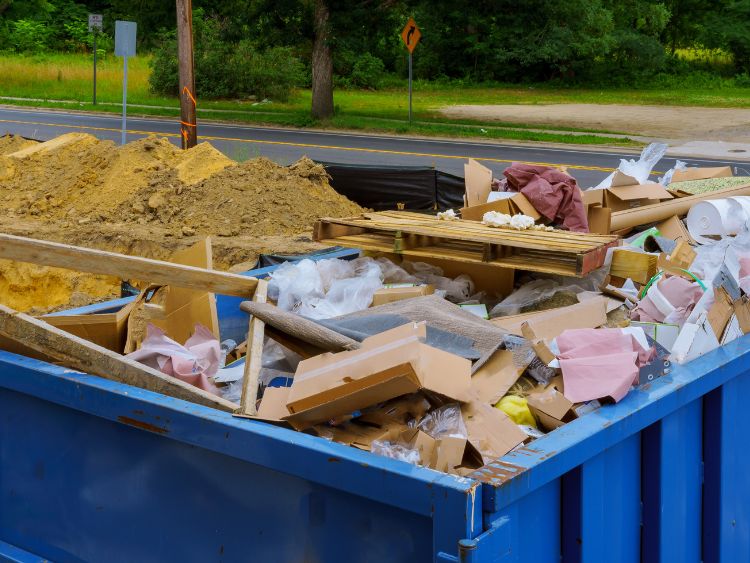In today’s fast-paced world, the accumulation of waste is a problem we can’t ignore. Garbage removal, though often overlooked, plays a pivotal role in maintaining our environmental health and personal well-being. But let’s not beat around the bush—dealing with trash is no one’s idea of a good time. Yet, understanding its ins and outs can make a world of difference. So, buckle up as we dive deep into the nitty-gritty of garbage removal, making it as painless and as efficient as possible.
Why Garbage Removal Matters
Before we get into the how, let’s talk about the why. Removing garbage isn’t just about keeping our streets clean; it’s about preserving our planet for generations to come. Here’s the scoop:
- Environmental Protection: Proper disposal prevents pollutants from contaminating our soil and waterways.
- Health Benefits: Reduces the risk of disease spread by pests attracted to waste.
- Aesthetic Appeal: Clean spaces contribute to a more pleasant and stress-free environment.
Understanding Different Types of Waste
Not all trash is created equal. Recognizing the various categories is step one in effective garbage removal:
- Household Waste: Your everyday rubbish.
- Hazardous Waste: Requires special disposal due to potential harm to humans and the environment.
- Recyclable Material: Can be converted into new products, reducing the need for raw materials.
- Organic Waste: Biodegradable and can be composted.
Garbage Removal Techniques
Now, let’s get down to brass tacks. How do we get rid of different types of waste effectively? Here’s a rundown:
- Curbside Pickup: The most common method for household waste.
- Special Collection Services: For hazardous or bulky items.
- Recycling Centers: Where recyclable materials are processed.
- Composting: A natural process for organic waste.
DIY Tips for Efficient Garbage Removal
Feeling hands-on? Here are some tips to manage your waste like a pro:
- Reduce, Reuse, Recycle: The golden rule for minimizing waste.
- Proper Segregation: Keep recyclables, organics, and hazardous waste separate.
- Compost Kitchen Scraps: Turn your organic waste into garden gold.
- Donate What You Can: Give a second life to items you no longer need.
Hiring Professional Garbage Removal Services
Sometimes, the job is too big to tackle alone. Here’s when to call in the pros:
- Large Scale Cleanouts: Like moving or renovating.
- Hazardous Waste Disposal: For safety and compliance.
- Regular Pickup Services: For businesses or large households.
FAQs
Q: How often should I take out the trash?
A: It depends on your household size and waste production, but generally, once a week for garbage and bi-weekly for recyclables.
Q: Can I throw electronics in the trash?
A: No, electronics contain hazardous materials and should be disposed of at special recycling centers.
Q: What’s the deal with composting?
A: Composting is a natural process that turns organic waste into nutrient-rich soil, perfect for gardening.
Q: How can I reduce my household waste?
A: Focus on reducing consumption, reusing items, and recycling whenever possible. Buying in bulk and avoiding single-use plastics are great strategies.
Summary
Garbage removal might seem like a chore, but it’s a crucial part of maintaining a healthy, sustainable lifestyle. By understanding the types of waste and adopting efficient disposal methods, we can all contribute to a cleaner planet. Remember, every piece of trash properly disposed of or recycled is a step toward a greener future. So let’s roll up our sleeves and make garbage removal a priority, not an afterthought.

